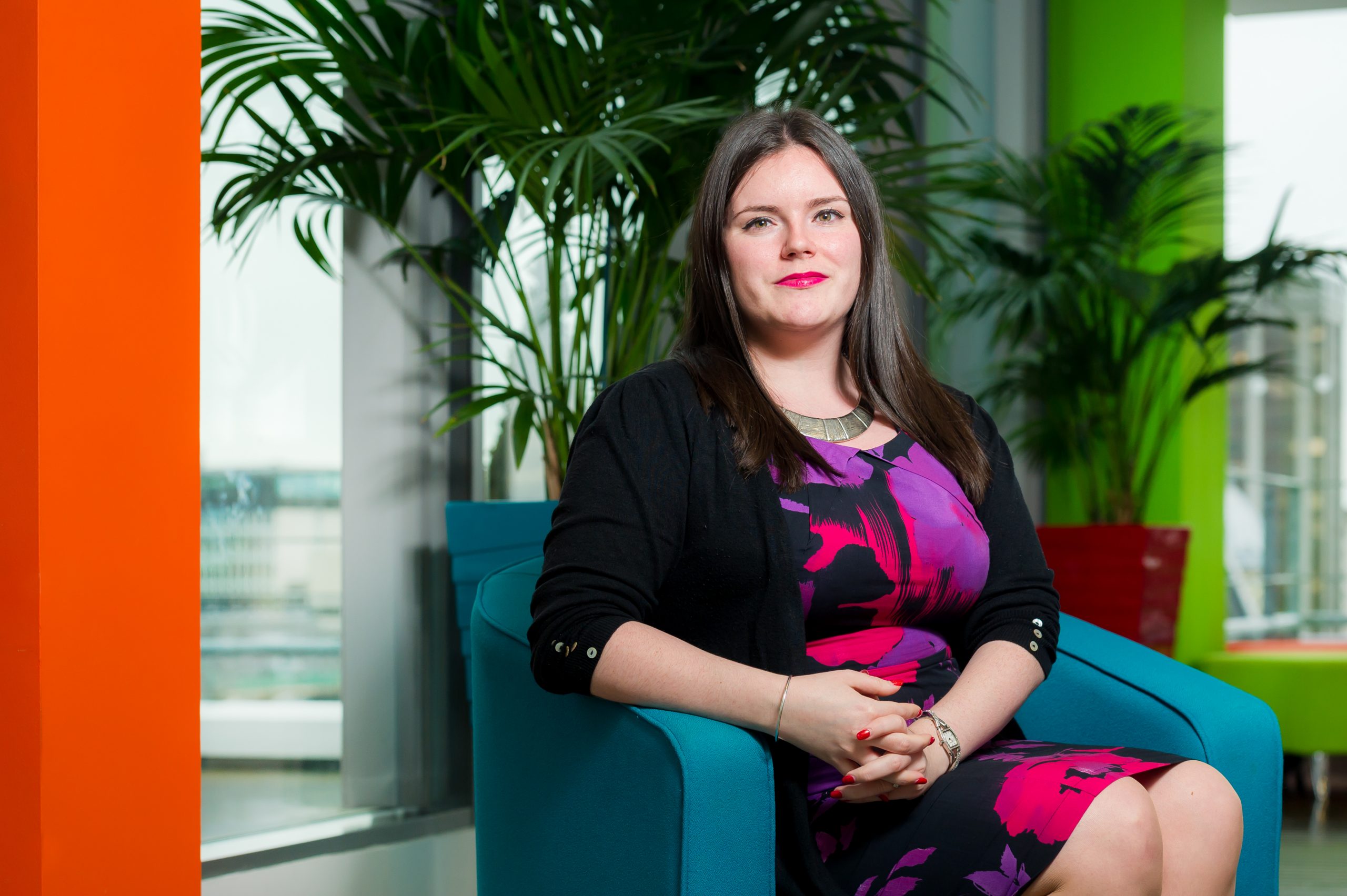
What was your route into the profession?
My route into law was somewhat traditional, although my motivation to join the profession was linked to my family background. My parents divorced when I was around nine years old, and while both parents were careful not to talk negatively about the other, financial pressures were a source of contention. Another factor was my late uncle, who experienced severe mental health struggles and was sectioned under the Mental Health Act and the impact that had on his family.
At sixth-form college, I had a fantastic teacher who taught me about quirks in the law and how something as trivial as finding a snail in a beer bottle could establish a whole new field of legislation. I went on to study law at Newcastle University, supported by a Helena Kennedy Bursary and the generosity of a childhood friend’s parents who believed in my potential and invested in my success.
After graduating, I was determined to become a family lawyer, and above all else, wanted to make things ‘just a little better’ for any children caught up in relationship breakdowns. I self-funded my Legal Practice Course and was delighted to secure an interview with Anthony Collins in 2013. After being offered a contract a year earlier than expected, I accepted immediately and began in the Personal Planning and Management team, where my supervisor specialised in mental health cases, deepening my understanding of the issues my uncle had faced. My first position in the family law team confirmed my passion for this interesting area of private client work.
What has been your biggest career challenge so far?
My biggest challenge was returning to work after emergency spinal surgery. Just seven years into my legal career at Anthony Collins, I developed a rare condition called Cauda Equina Syndrome, where a spinal disc herniates and presses on the nerves and can cause immense pain, and a range of other physical and mobility-related issues.
My condition left me with a permanent disability, which requires use of a walking aid and adjusted work equipment. Thankfully, with the support of my firm and colleagues, I have since returned to full-time and achieved some great professional milestones.
Which person within the legal profession inspires you most?
I have been lucky to work with many outstanding lawyers, who are truly inspirational and believe in the importance of strong client advocacy. However, I have always been most inspired by unnamed sole practitioners and legal aid lawyers: they’re the real heroes of the legal profession, who continue their work out of a genuine belief in the right to fair representation regardless of what they get paid at the end of it.
If you weren’t a lawyer, what would you choose as an alternate career?
I would probably be a social worker. While there is a lot of negative press coverage, I believe that most social workers go into their profession wanting to help and protect children, and I think that truly is a noble endeavour.
Who is your favourite fictional lawyer?
Jessica Pearson from Suits is fantastic. Her ability to command respect through competence and strategic thinking, rather than relying on gender politics, is admirable. She also has a fabulous wardrobe!
What change would you make to the profession?
If I could change one thing, it would be eradicating the elitism that is evident sometimes between advocates. In my career I have met and worked with many excellent solicitor advocates, and I strongly believe that their advocacy skills were a match for many barristers.
A mentor once told me the only difference between a solicitor and a barrister is that the former has a wide breadth of knowledge to a good understanding, whereas the latter has a narrower breadth of knowledge to a specialist understanding. With greater emphasis on non-court dispute resolution, accelerated financial remedy procedures, and pilots such as Pathfinder, it is more important than ever that both professions work collaboratively. My preference would be to adopt the universal term ‘lawyer’ to unify the profession and remove the divide between our intertwined roles, signalling that merit, not a disadvantaged background or regional accent, defines competence.
How do you relax?
I like to travel to experience the world and its diverse cultures. In the last 18 months, I have visited Mexico, Malta, Poland, Greece and Turkey.
To truly turn my mind off, I like to cross-stitch. I often have a ‘project’ tucked away in my handbag, ready to get started; it helps me to relax and unwind.
Kadie Bennett is a senior associate in the family team at Anthony Collins and was recently elected chair of the Resolution West Midlands Group.









